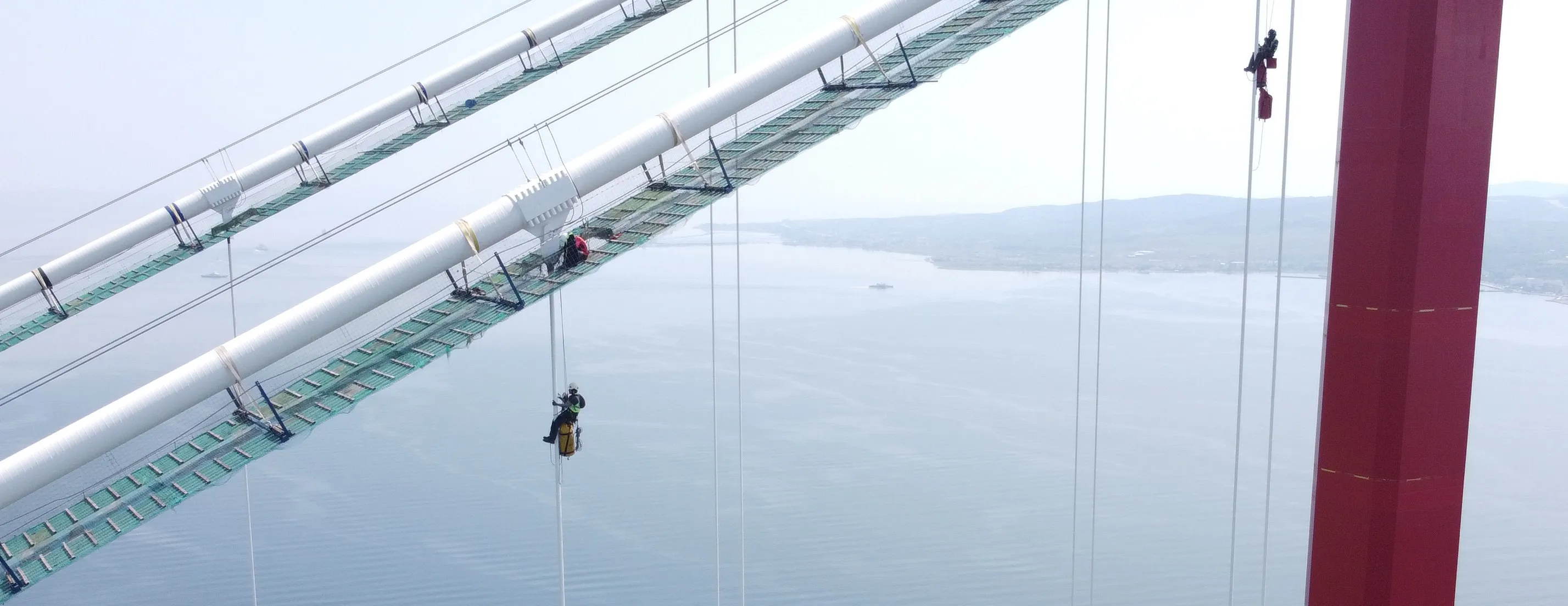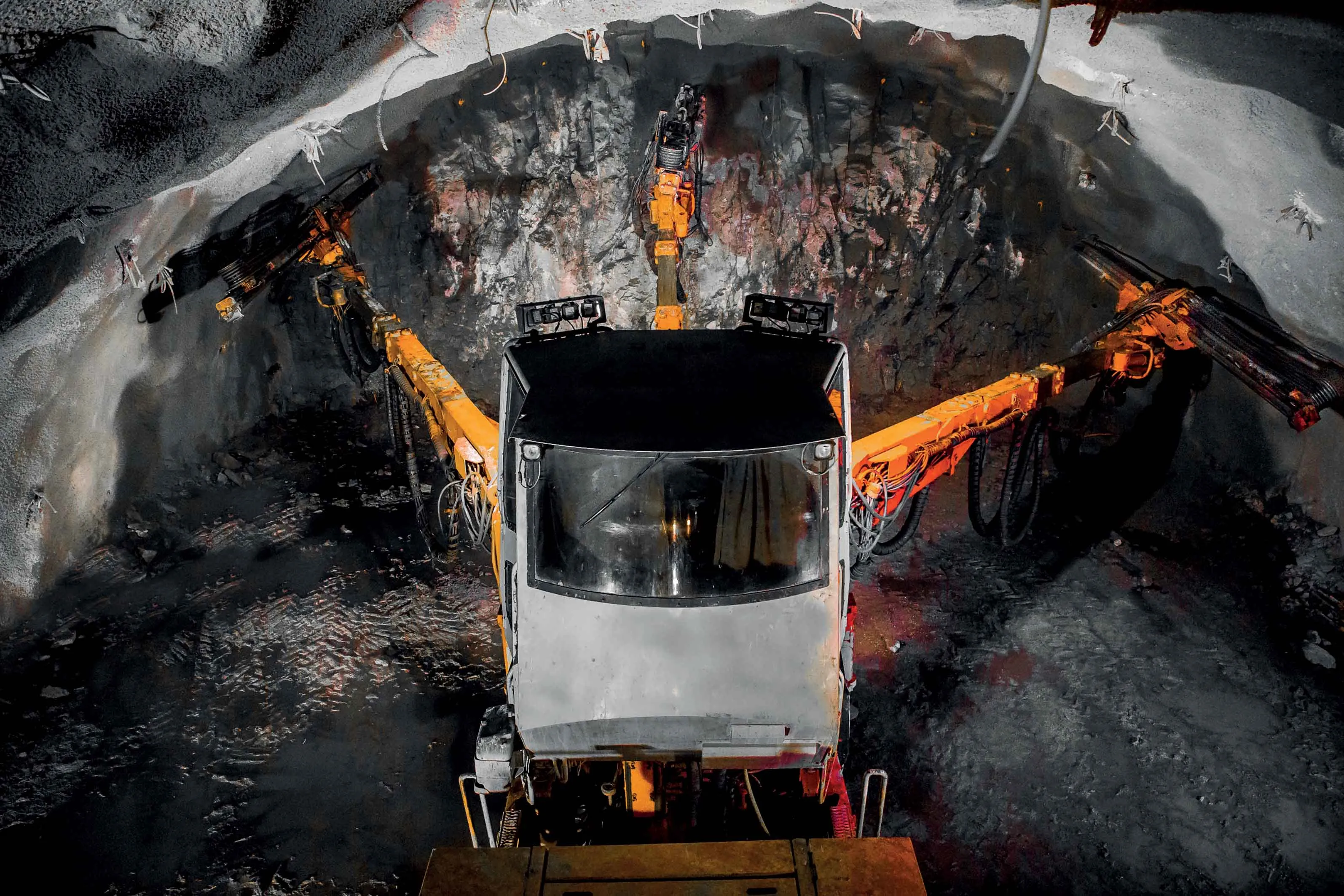
The team comprised Mexican and Jamaican professionals and worked with the control tower to complete the project without affecting the airport’s operations.
The team of specialists had the job of renovating 35,000m2 of taxiways at the airport. From Mexico, Cemex provided a specialist construction team, a concrete plant, materials that were not available in the area, and a sophisticated paver. The team used the equipment and materials to place 22,500m3 of concrete within the time schedule required.
The taxiways needed repaving due to the wear and tear caused by aircraft manoeuvring. Rubén Hernando Ceña, project manager of INECO, the company in charge of project supervision explained, "Concrete is a solution for safety improvement, reduces the risk of aircraft damage due to the irregularities of old pavement.”
With the equipment on site, CEMEX Mexico’s 30 specialists in pavement, maintenance, topography, quality, management, and control worked to complete the project without interrupting the airport’s operations. "The CEMEX team collaborated with the airport’s authorities to produce high resistance concrete and execute the project without affecting air traffic," explained Alejandro Vares, Infrastructure and Government vice president of CEMEX Mexico.
With the project completed in less than six months, the new taxiway´s lifespan will extend up to 20 years; a change that will reduce maintenance frequency and benefit the airport’s 4.5 million annual users.
The international project was led by a Mexican team from CEMEX in collaboration with CEMEX Jamaica and Caribbean Cement, CEMEX’s local subsidiaries, and local builder S&G Road Surfacing Materials.









